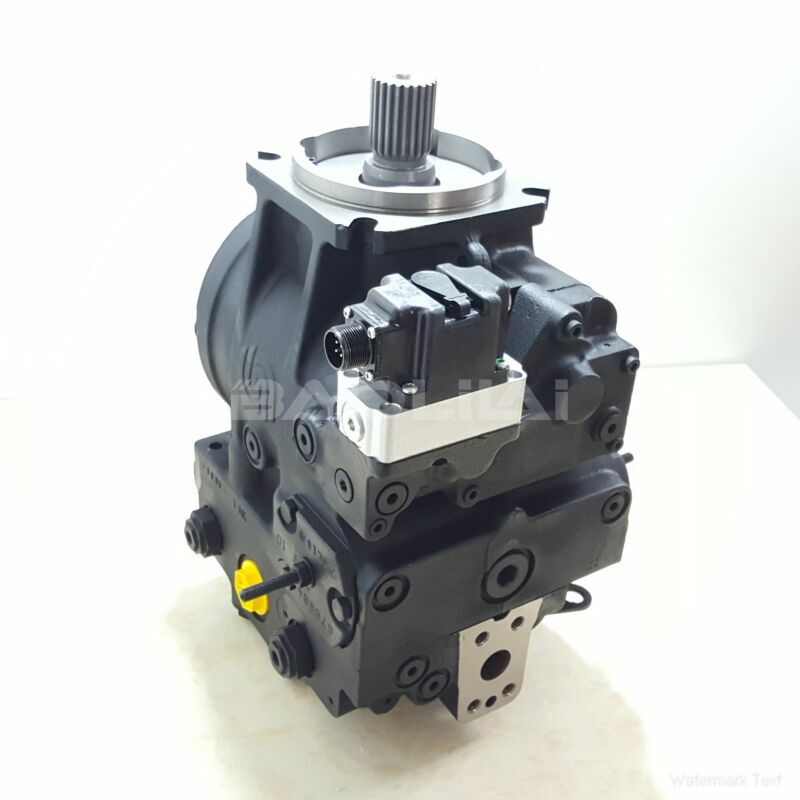90L055HS5NN80S4S1C03GBA262624 hydraulic pump
90L055HS5NN80S4S1C03GBA262624 hydraulic pump

- Product Details
- Applicable Scene
The increasing demand for renewable energy sources has led to the growth of geothermal heat pump systems. These systems utilize the constant temperature of the ground to provide heating and cooling for buildings, making them an environmentally friendly alternative to traditional HVAC systems. A critical component in these systems is the hydraulic oil pump, which plays a vital role in ensuring efficiency and performance. This article explores the design considerations and challenges in creating hydraulic oil pumps specifically for geothermal heat pump applications.
90-L-055-HS-5-NN-80-S-4-S1-C-03-GBA-26-26-24
90L055HS5NN80S4S1C03GBA262624
One of the primary functions of hydraulic oil pumps in geothermal systems is to circulate fluid through the geothermal loop. This loop consists of a series of pipes buried in the ground, which absorb heat from the earth during the winter and dissipate heat back into the ground during the summer. The pump must be designed to handle varying flow rates and pressures to accommodate these seasonal changes effectively.

9422222C
When designing hydraulic oil pumps for geothermal heat pump systems, several factors must be taken into account. The first consideration is the type of fluid being used. Geothermal systems typically use a mixture of water and antifreeze (often propylene glycol) to prevent freezing in colder climates. The pump materials must be compatible with this fluid to reduce the risk of corrosion and ensure longevity.
Another crucial consideration is the pump’s efficiency. Geothermal systems operate at lower temperatures compared to traditional systems, which can affect the performance of the hydraulic oil pump. Engineers must design pumps that can provide the necessary flow rates while minimizing energy consumption. This may involve optimizing the impeller design, using variable speed drives, or incorporating advanced motor technology to enhance overall efficiency.
Noise and vibration are also significant factors in the design of hydraulic oil pumps. Since these pumps are often installed in residential areas, minimizing operational noise is essential for ensuring occupant comfort. Engineers can use sound-absorbing materials and isolation mounts to mitigate noise, while careful design can minimize vibrations that could lead to mechanical failures over time.





